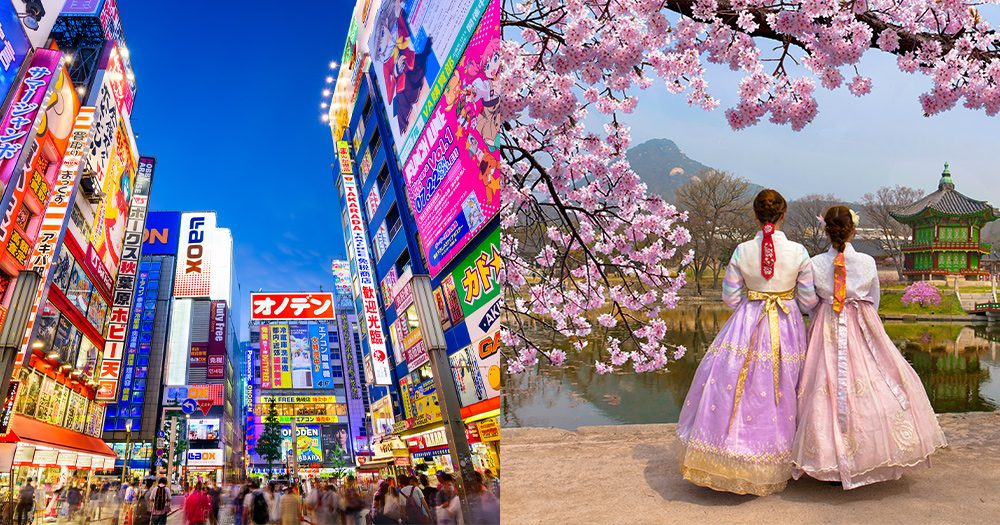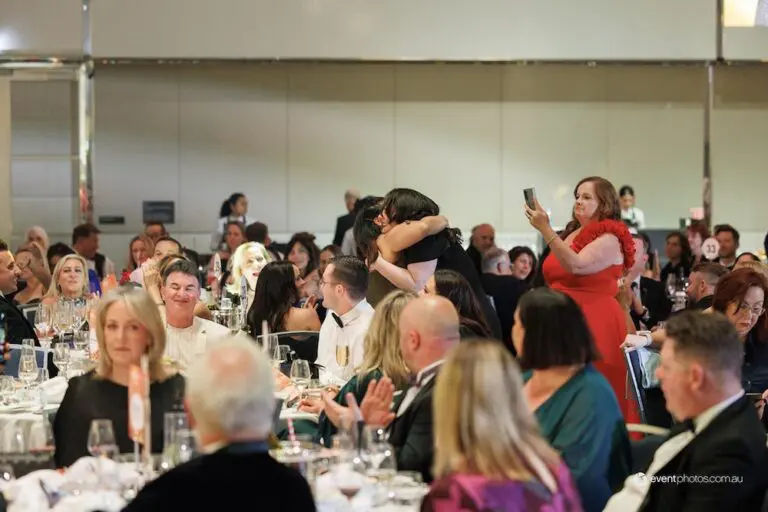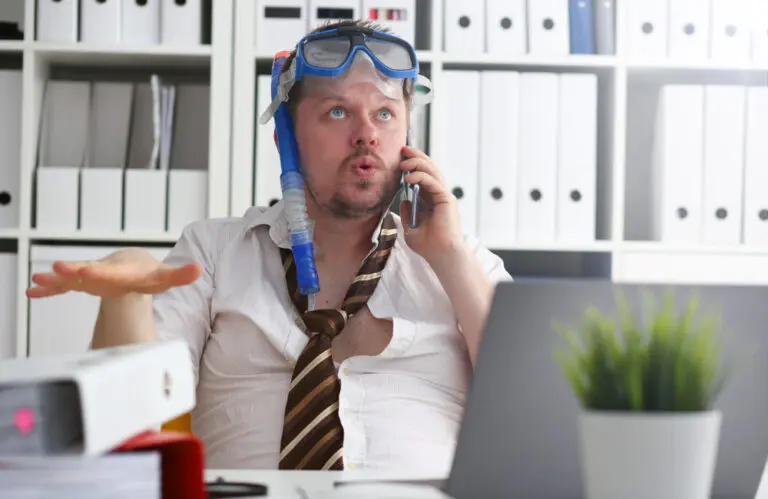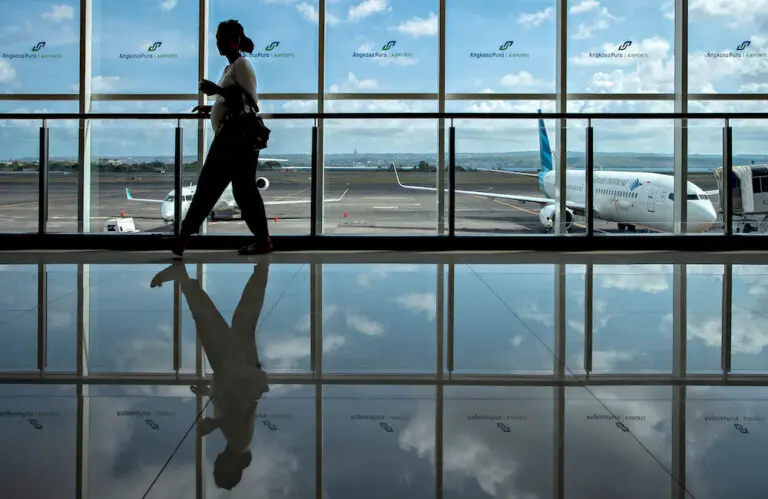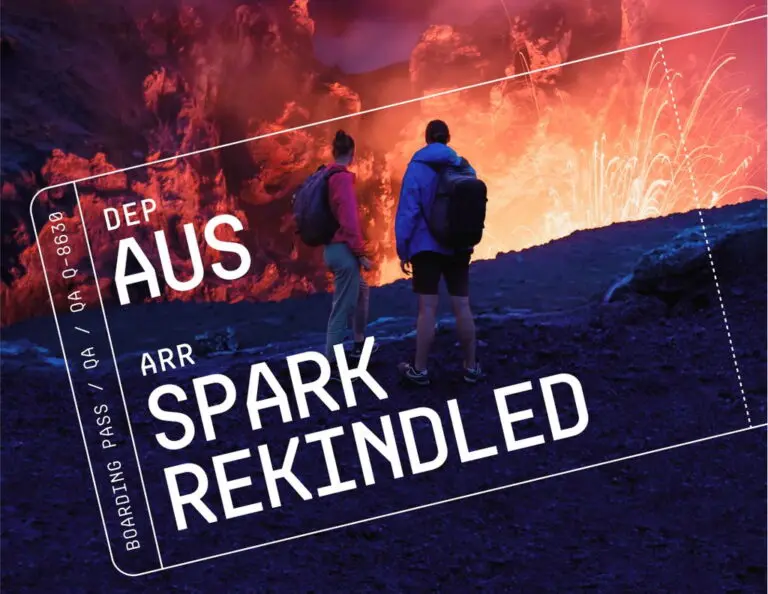From flying in travel bubbles to sipping bubble tea… Two-way quarantine-free travel to South Korea and Japan from Australia is being considered by the prime minister as the country looks to expand international travel in the coming weeks.
PM Scott Morrison said the government was working quickly to establish the arrangements between the two Asian nations, following a similar deal with Singapore.
Australians have again been able to travel to Singapore quarantine-free from this week, while citizens from the city-state will also be able to arrive without quarantining from November 21.
Travel from Sydney or Melbourne to Tokyo and Seoul before Perth and Brisbane? It could happen.
However, Mr Morrison told the Victorian Chamber of Commerce and Industry caution was still needed following the return of international travel.
“We have just got to get through the next couple of weeks,” Mr Morrison said.
“Australia has been through a lot. We don’t want to get the wobbles now in managing the safely reopening process.”
News of the potential new travel routes comes as Victoria registered 1003 new cases of COVID-19 in the latest reporting period, as well as 14 deaths.
Infections were stable in NSW, with 216 new cases and three deaths reported on Wednesday.
Queensland registered two new cases, as the state looks set to reach 80 per cent first dose in the next day.
One of the new Queensland cases was a person on the Gold Coast with no known link and had received their first dose, while the second was in Warwick near the NSW border linked to a cluster in Moree.
In Canberra, there were nine new infections with no cases in hospital.
As NSW surpassed the 90 per cent vaccination marker on Tuesday, Mr Morrison said the approach of eastern states with high vaccination rates should be a model for other jurisdictions.
“I commend both NSW and Victoria in abolishing quarantine for those coming from overseas, vaccination was a key part of the answer and that has to be honoured,” he said.
“It’s encouraging to other states.”
About 81 per cent of Australians aged 16 and older are fully vaccinated, while almost 90 per cent have received their first dose.
The prime minister indicated students and skilled workers would probably be allowed to travel to Australia without having to quarantine before the end of the year.
New COVID treatments could also soon enter the Australian market, with AstraZeneca asking medical regulators to approve its Evusheld antibody treatment.
It has already been given provisional determination by the Therapeutic Goods Administration, however, the long-lasting antibody is not a vaccine.
A new pill could also enter the market after British regulators approved Merck’s molnupiravir treatment for a drug trial.
Professor Peter Collignon, an infectious diseases expert at the Australian National University, said the drug looked promising.
“I think we will get it here (in Australia),” Prof Collignon told the Seven Network.
“It looks like they decrease the chance of you dying and decreasing hospitalisation if you get it early.”
VIa AAP
- Intrepid Travel pledges to raise $100K to support Indigenous ranger programs
- Multi-lingual, multi-talented expedition expert Jorge Villamarin talks Pearl Expeditions
- Beyonder incredible: The Ghan Gold Premium review
- HOTEL REVIEW: Inside Virgin Hotels London, where staying in feels like going out
- Time’s ticking: National Travel Industry Awards (NTIA) submissions close on 13 July

